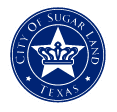Learn about City of Sugar Land including our News & Press Releases, Projects, and Team.
Talk to us
Have questions? Reach out to us directly.
Learn about City of Sugar Land including our News & Press Releases, Projects, and Team.
About City of Sugar Land
- GO and CO Bond Ratings
- AAA/AAA
- GO Debt
- $90.76 million
- Revenue Bond Ratings
- AA+/AA+
Sugar Land, located in eastern Fort Bend County, is approximately 20 miles southwest of downtown Houston. It was founded as a sugar plantation in the mid-1800s and incorporated in 1959.
A full-service municipality, Sugar Land, provides the highest quality of affordable services to meet the needs of its residents. Master-planned communities and welcoming neighborhoods enhance home values and create a sense of belonging. The community offers outstanding schools, libraries, civic organizations and other resources that make Sugar Land a great place to work, live and raise a family.
Numerous high-profile regional and international corporations have chosen Sugar Land as a corporate home, including Minute Maid, Schlumberger, Tramontina USA, Fluor Corporation, Bechtel Equipment Operations, Noble Drilling, Money Management International and Aetna. Sugar Land’s aggressive economic development program has created a business-friendly environment, one that includes a variety of incentives, including a corporate aviation facility.
Image Gallery




News
Sugar Land, TX, October 15, 2025
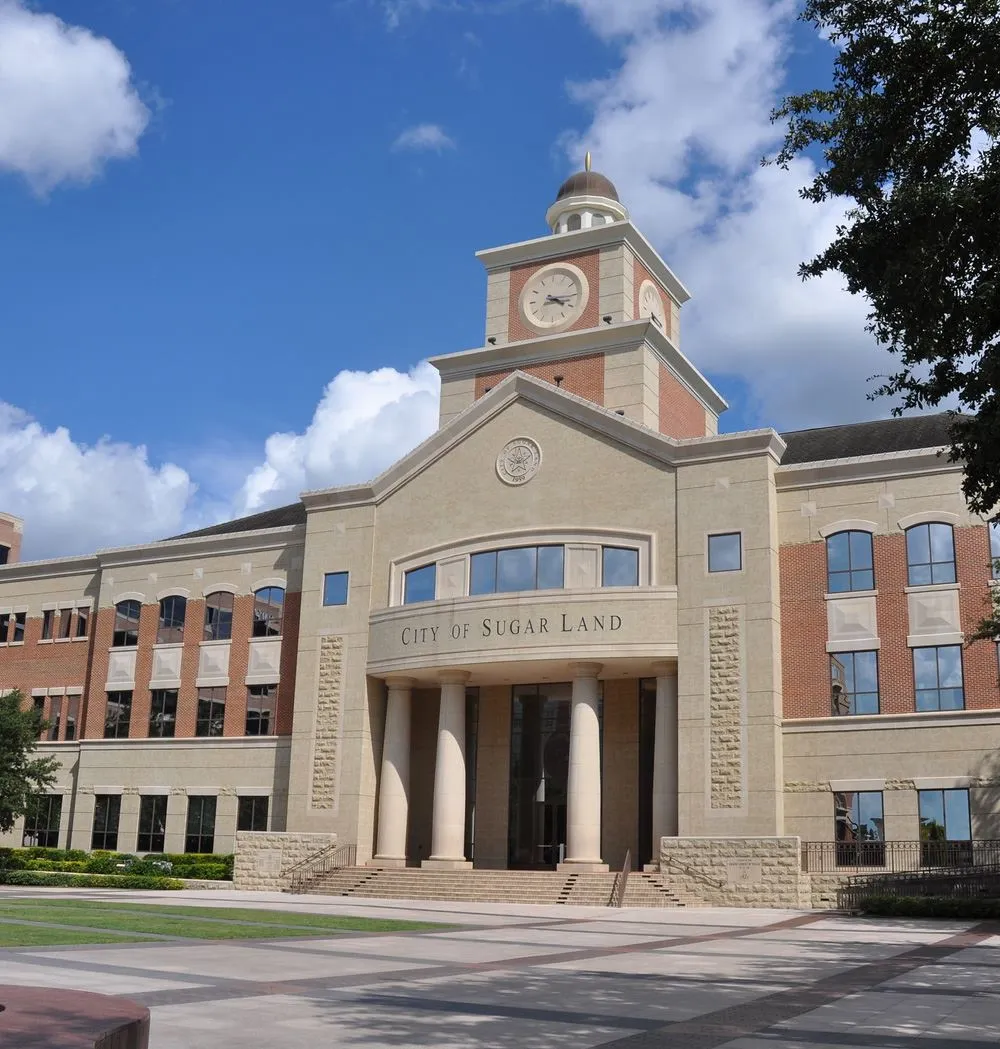
– The City of Sugar Land is proud to announce the appointment of Michelle McCrimmon as its new Assistant City Manager – Chief Financial
Officer (ACM/CFO), effective October 20, 2025.
McCrimmon brings more than three decades of financial leadership and innovation to Sugar Land, including 15 years with the City of Orlando, Florida, where she advanced through key leadership roles as Controller, Deputy Chief Financial Officer, and most recently as Chief Financial Officer. In these capacities, she guided Orlando’s financial strategy through periods of growth and transformation, earning recognition for her data-driven approach, fiscal stewardship, and collaborative leadership.
“Michelle is a proven leader with an extraordinary track record of fiscal innovation, collaboration, and results,” said Michael Goodrum, City Manager. “Her expertise will not only strengthen Sugar Land’s financial future but also directly support our community’s quality of life by ensuring we remain one of the most vibrant, resilient, and forward-thinking cities in the nation.”
Before her distinguished public service career, McCrimmon excelled in the private sector at one of the largest global professional services firms. McCrimmon holds a Bachelor’s Degree in Business Administration from the University of California, Riverside and a Master of Business Administration from the University of Texas Permian Basin. She is also a licensed CPA in Florida, combining academic knowledge with hands-on financial expertise. Throughout her career, she has earned numerous accolades for advancing financial resilience, operational efficiency, and organizational excellence.
In her new role as ACM/CFO, McCrimmon will report directly to the City Manager and oversee critical departments including Budget, Finance, Economic Development, Redevelopment, and Strategic & Government Affairs, all of which are responsible for Sugar Land’s financial health and strategic growth, and are responsible for advancing the City’s trailblazing vision of innovation, inclusivity, and sustainable growth as outlined in Sugar Land’s 2025–2027 Strategic Action Plan.
For more information on the City of Sugar Land and its strategic initiatives, visit www.sugarlandtx.gov.
SUGAR LAND, TX – May 21, 2025
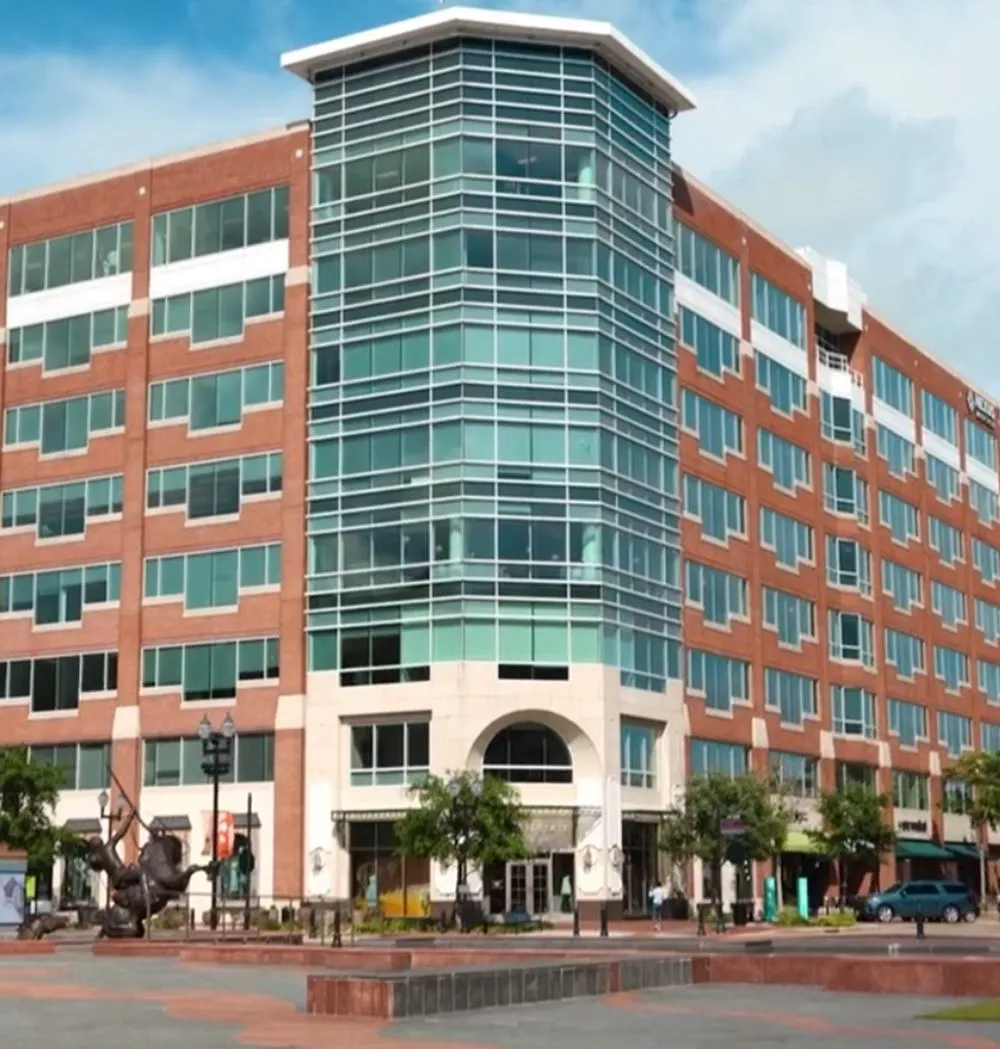
– The Sugar Land Development Corporation (SLDC) and the Sugar Land 4B Corporation (SL4B) approved three five-year performance agreements
to support office revitalization within Sugar Land Town Square (SLTS). Approved on May 20, the agreements reinforce the City’s commitment to strategic reinvestment in one of its most notable and economically significant destinations. This effort supports the continued evolution of Town Square––making it more attractive to businesses, residents and visitors.
The agreements include a total investment of $12.5 million to support significant tenant and office improvements to two key commercial buildings: Building B and Building H.
- Building B – Located at 15958 City Walk, this building will undergo a modernization of shared amenities, including innovative communal office spaces designed to meet the needs of today’s flexible and collaborative work environments. Enhancements will also include upgraded landscaping and streetscapes along City Walk Boulevard to elevate overall experience for tenants and visitors.
- Building H – Located at 2150 Town Square Place, planned improvements include renovations to the building’s entry, lobby and signage, along with updates to the garden area and new furniture, fixtures and equipment (FF&E) to elevate the tenant and visitor experience.
- Office Tenant Improvements – Property-wide upgrades aimed at attracting and retaining high-quality tenants will be implemented.
These improvements were identified in September by the project’s operator and property management firm, Rebees, as a part of a broader repositioning strategy and vision for the district (full press release here).
“We’re proud to continue our partnership with the City of Sugar Land as we launch this new chapter for Town Square,” said Tom Paterson, Managing Partner at Rebees. “These improvements are essential to keeping Town Square competitive in a changing market, while preserving the character and energy that make it a beloved destination. This kind of long-term collaboration is exactly what makes Sugar Land such a great place to invest.”
Established in 2003 through the City’s first public-private partnership, the 32.8-acre, mixed-use district has played a central role in shaping Sugar Land’s identity as a premier destination for business, dining, hospitality and community. Today, Town Square is home to several major employers and maintains an overall occupancy rate of 73% across office, retail and restaurant spaces. Since 2018, the district has welcomed more than 27 million visitors.
“Sugar Land Town Square set the standard for public-private partnerships—and it continues to lead by example,” said Jessica Huble, Assistant Director of Redevelopment at the City of Sugar Land. “This investment underscores our commitment to reinvest where it matters most and support partners who are just as invested in Sugar Land’s future as we are. Redevelopment isn’t just a priority—it’s vital to long-term success, and we are proud to support what’s next for Town Square.”
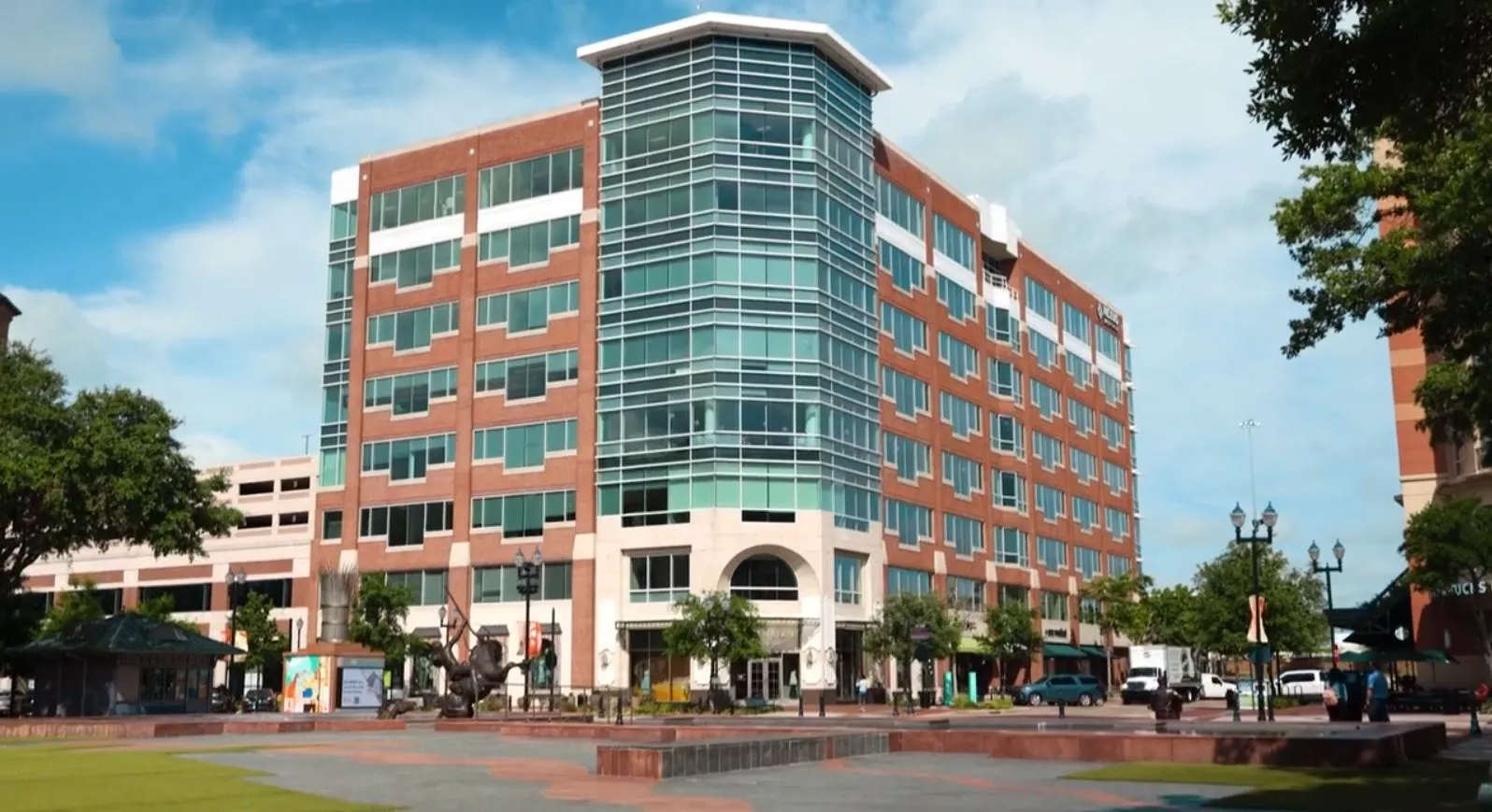
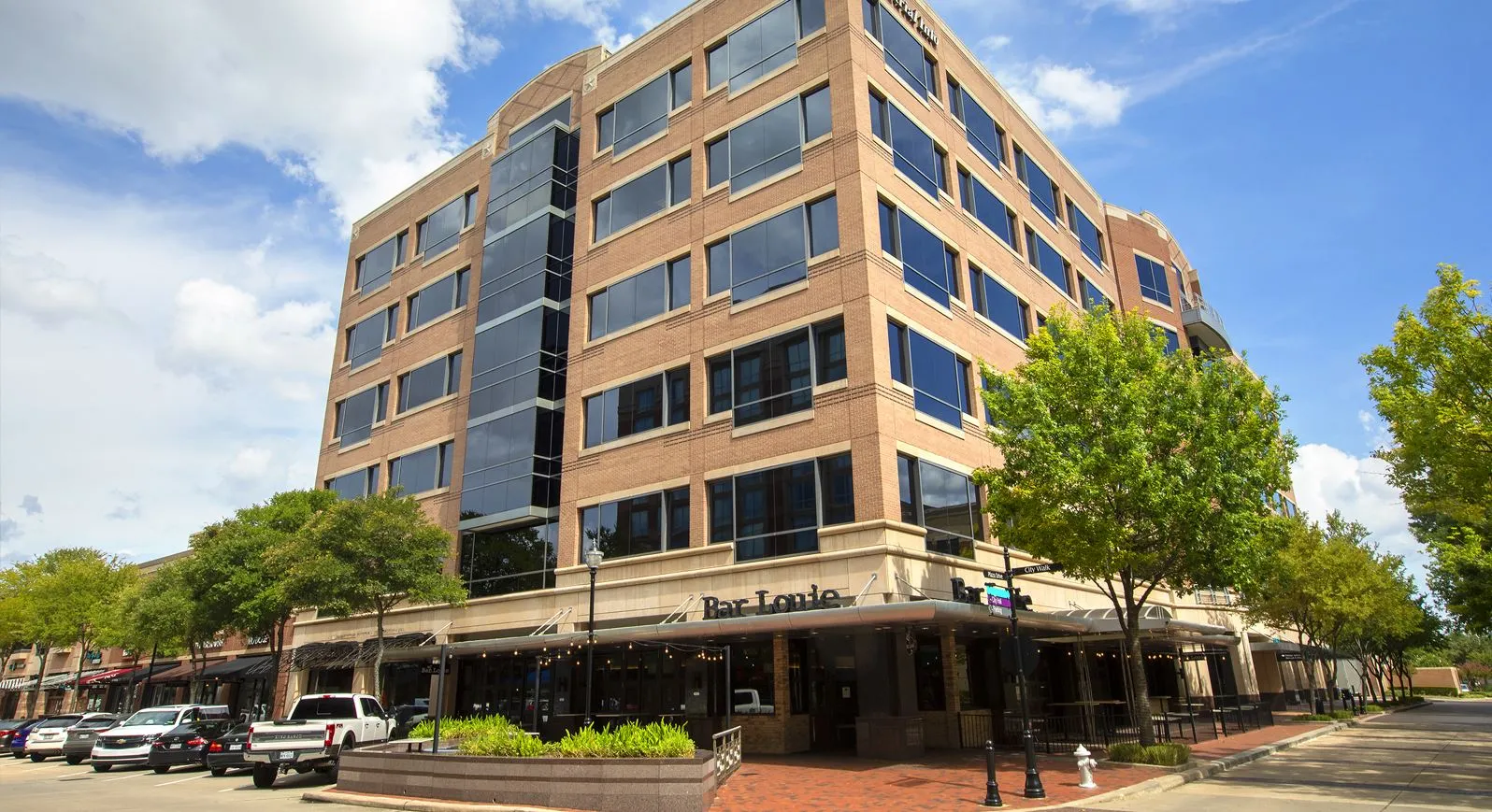
SUGAR LAND, Texas – The city of Sugar Land recently launched a Bond Project Tracker, an interactive tool designed to provide up-to-date information on the projects approved by voters in the November 2024 bond election.
The Bond Project Tracker provides a comprehensive view of each bond project, including description, funding source, project phase, anticipated project schedule and more. A key feature of the tracker is the ability to see how much money has been spent and how much remains, both for individual projects and the overall bond program.
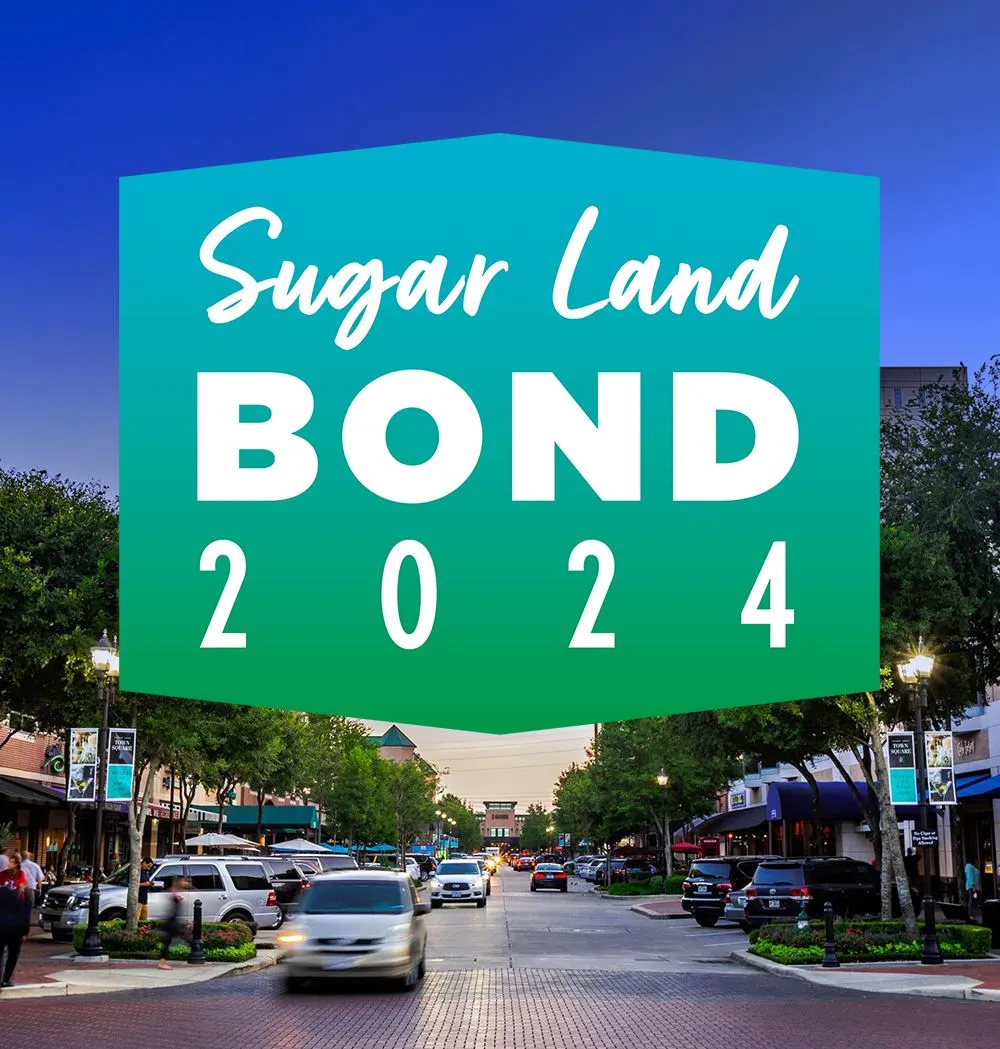
“The bond project tracker reflects our ongoing commitment to transparency and
accountability,” said Assistant City Engineer, Jonathan Braun. “Our goal is to provide an easy-to-use tool that keeps residents informed about the projects they invested in and entrusted us with, as we work to shape the future of Sugar Land.”
Sugar Land voters approved five general obligation bond propositions totaling $350 million on November 5, 2024. These bond projects will strengthen public safety, reconstruct streets, repair sidewalks, enhance mobility, improve drainage systems, modernize municipal facilities, and build a new animal shelter.
To access the Bond Project Tracker, sign up for email updates, and submit bond-related questions, visit www.sugarlandtx.gov/SLBond2024.
Projects
Team
Jing Xiao
Talk to us
Have questions? Reach out to us directly.
